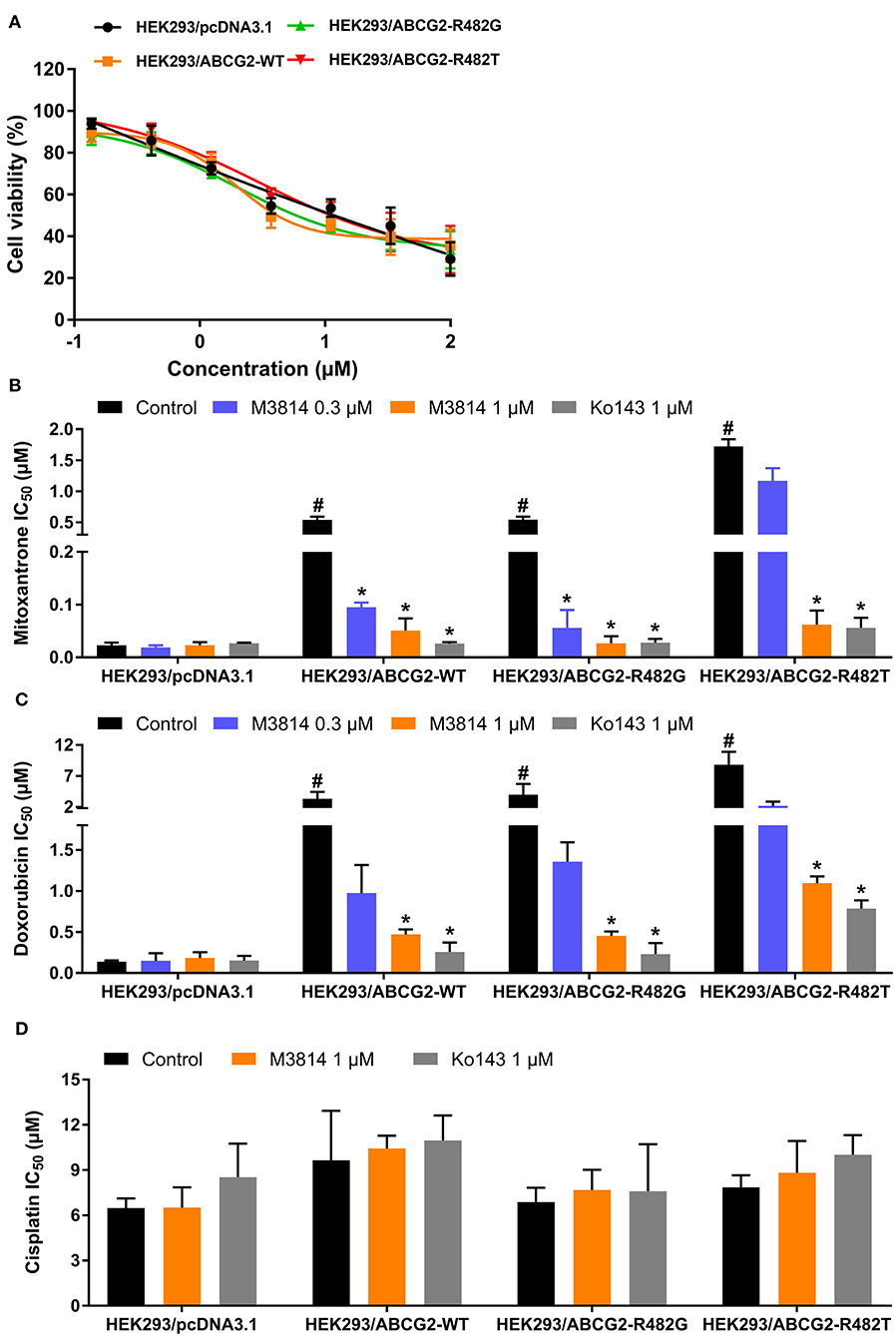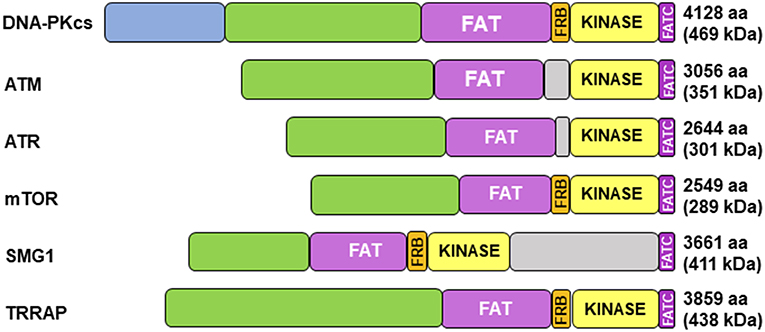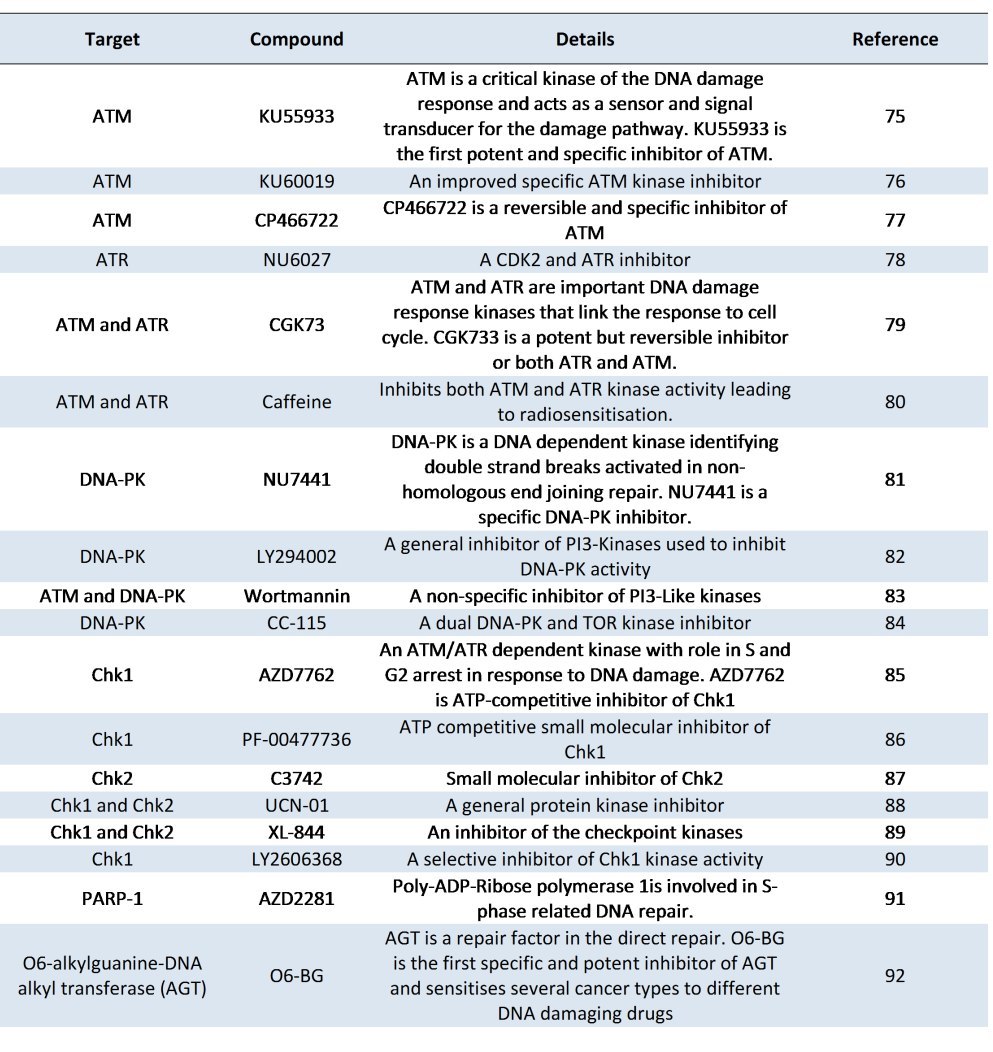
DNA-PK in human malignant disorders: Mechanisms and implications for pharmacological interventions - ScienceDirect

Cancers | Free Full-Text | Increased Non-Homologous End Joining Makes DNA-PK a Promising Target for Therapeutic Intervention in Uveal Melanoma | HTML

DNA-PK in human malignant disorders: Mechanisms and implications for pharmacological interventions - ScienceDirect

DNA-PK inhibition synergizes with oncolytic virus M1 by inhibiting antiviral response and potentiating DNA damage | Nature Communications

Discovery and Development of Novel DNA-PK Inhibitors by Targeting the unique Ku-DNA Interaction | bioRxiv
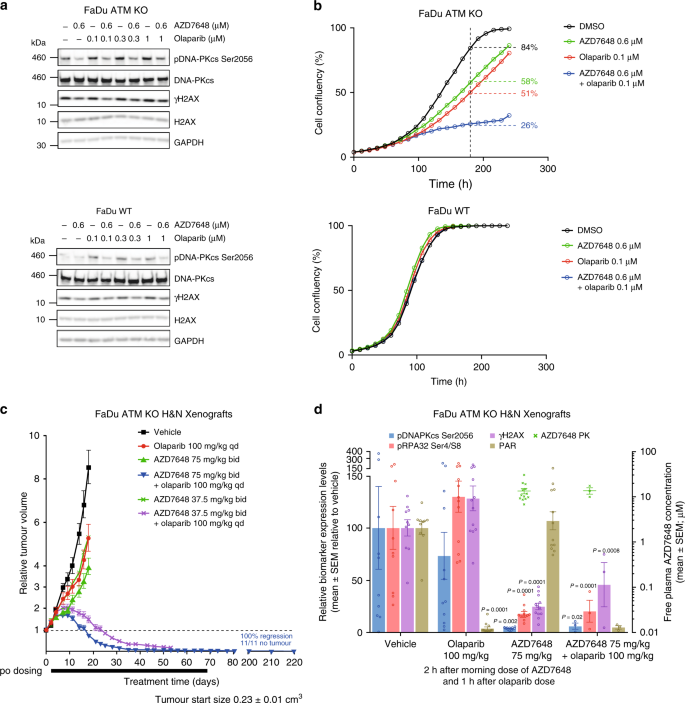
AZD7648 is a potent and selective DNA-PK inhibitor that enhances radiation, chemotherapy and olaparib activity | Nature Communications
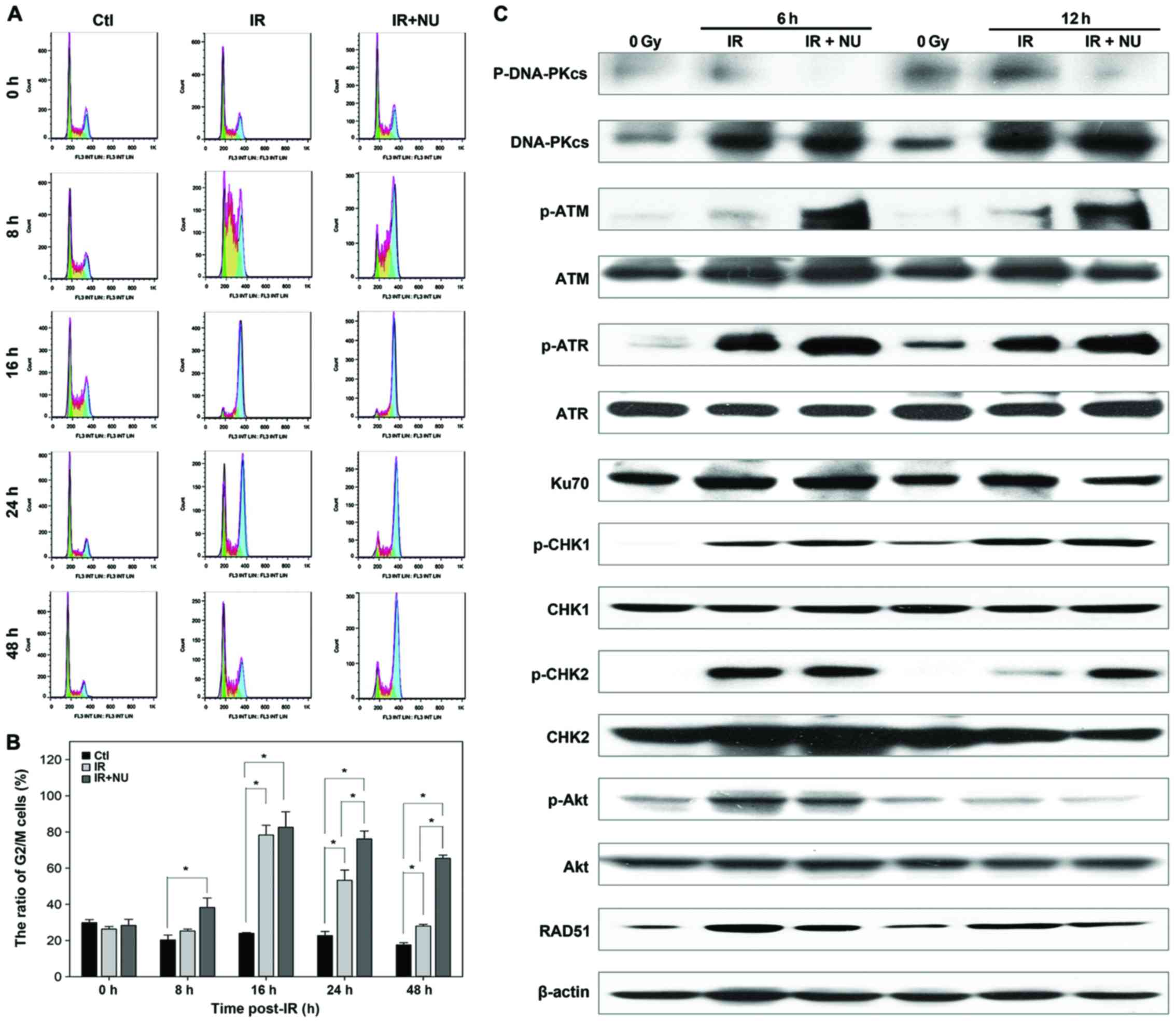
Inactivation of DNA-PK by knockdown DNA-PKcs or NU7441 impairs non-homologous end-joining of radiation-induced double strand break repair

Cancers | Free Full-Text | Increased Non-Homologous End Joining Makes DNA-PK a Promising Target for Therapeutic Intervention in Uveal Melanoma | HTML

PTEN and DNA-PK determine sensitivity and recovery in response to WEE1 inhibition in human breast cancer | eLife
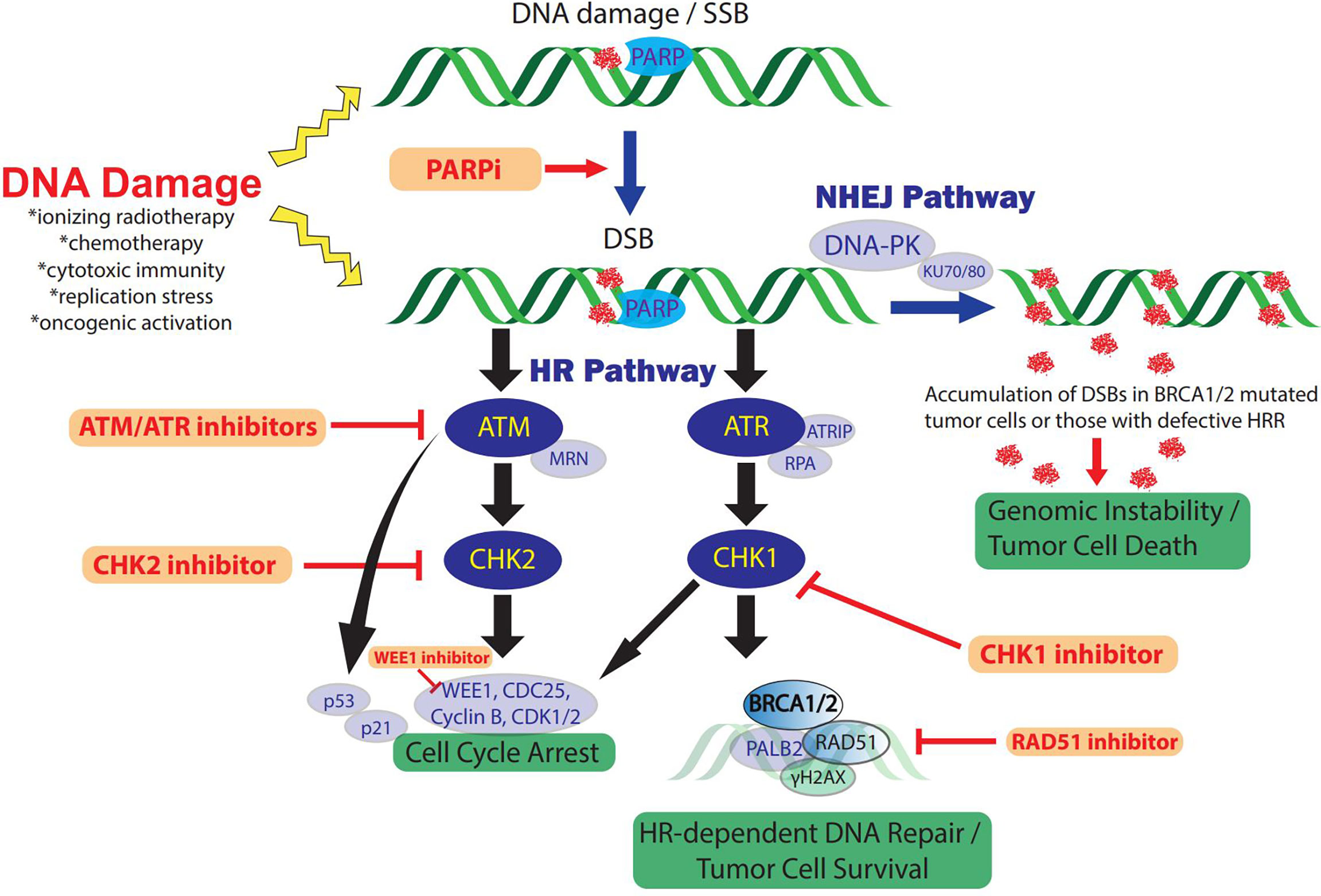
Frontiers | Harnessing DNA Repair Defects to Augment Immune-Based Therapies in Triple-Negative Breast Cancer | Oncology

AZD7648 is a potent and selective DNA-PK inhibitor that enhances radiation, chemotherapy and olaparib activity | Nature Communications
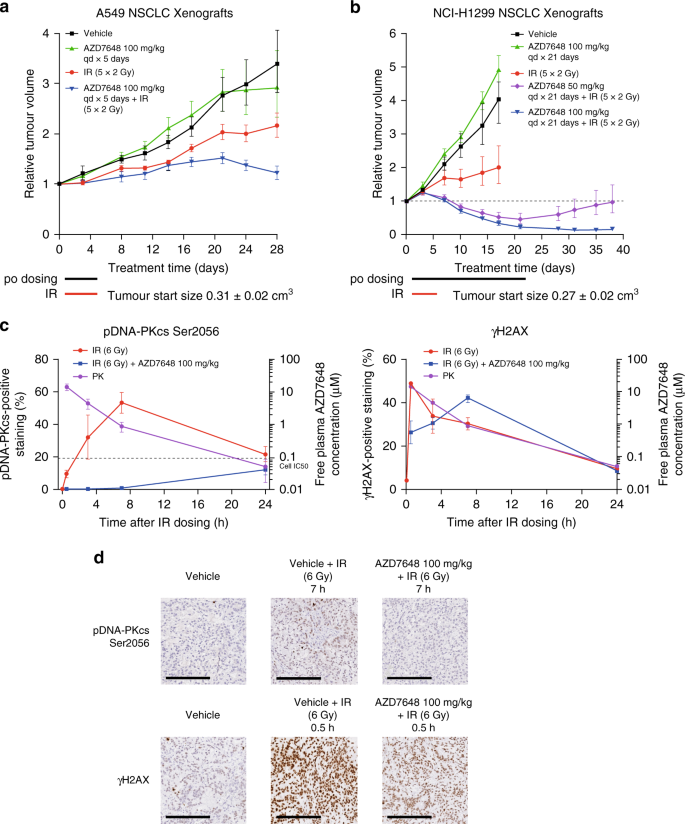
AZD7648 is a potent and selective DNA-PK inhibitor that enhances radiation, chemotherapy and olaparib activity | Nature Communications

Pre-clinical activity of the oral DNA-PK inhibitor, peposertib (M3814), combined with radiation in xenograft models of cervical cancer | Scientific Reports
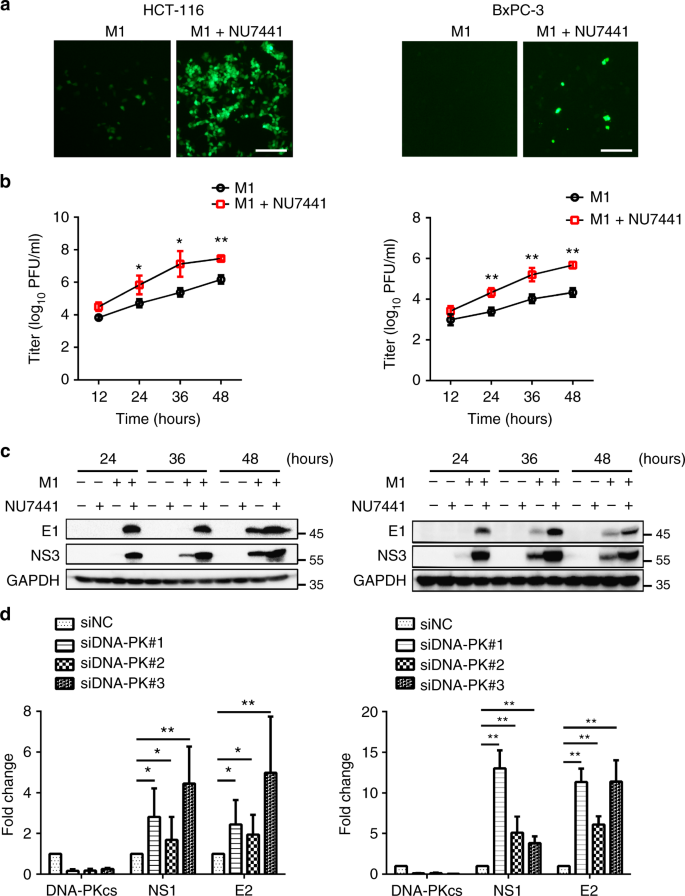
DNA-PK inhibition synergizes with oncolytic virus M1 by inhibiting antiviral response and potentiating DNA damage | Nature Communications
![The Discovery of 7-Methyl-2-[(7-methyl[1,2,4]triazolo[1,5-a]pyridin-6-yl)amino]-9-(tetrahydro-2H-pyran-4-yl)-7,9-dihydro-8H-purin-8-one (AZD7648), a Potent and Selective DNA-Dependent Protein Kinase (DNA-PK) Inhibitor | Journal of Medicinal Chemistry The Discovery of 7-Methyl-2-[(7-methyl[1,2,4]triazolo[1,5-a]pyridin-6-yl)amino]-9-(tetrahydro-2H-pyran-4-yl)-7,9-dihydro-8H-purin-8-one (AZD7648), a Potent and Selective DNA-Dependent Protein Kinase (DNA-PK) Inhibitor | Journal of Medicinal Chemistry](https://pubs.acs.org/cms/10.1021/acs.jmedchem.9b01684/asset/images/medium/jm9b01684_0011.gif)
The Discovery of 7-Methyl-2-[(7-methyl[1,2,4]triazolo[1,5-a]pyridin-6-yl)amino]-9-(tetrahydro-2H-pyran-4-yl)-7,9-dihydro-8H-purin-8-one (AZD7648), a Potent and Selective DNA-Dependent Protein Kinase (DNA-PK) Inhibitor | Journal of Medicinal Chemistry

Frontiers | DNA-PK Inhibitor, M3814, as a New Combination Partner of Mylotarg in the Treatment of Acute Myeloid Leukemia | Oncology
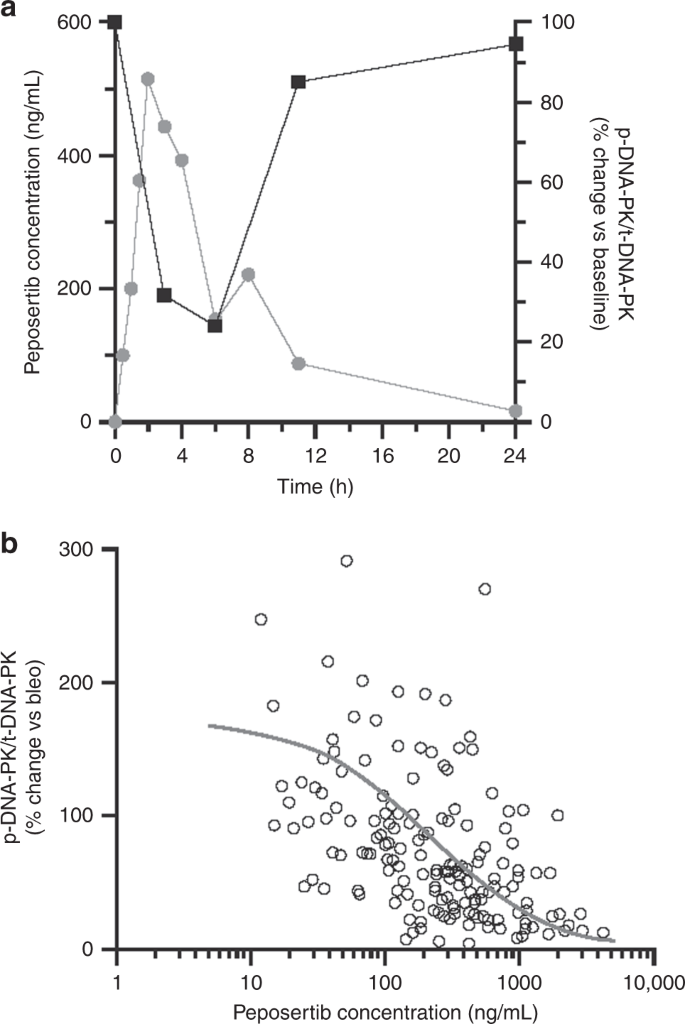
A first-in-man phase 1 study of the DNA-dependent protein kinase inhibitor peposertib (formerly M3814) in patients with advanced solid tumours | British Journal of Cancer

JCI - Selective DNA-PKcs inhibition extends the therapeutic index of localized radiotherapy and chemotherapy
